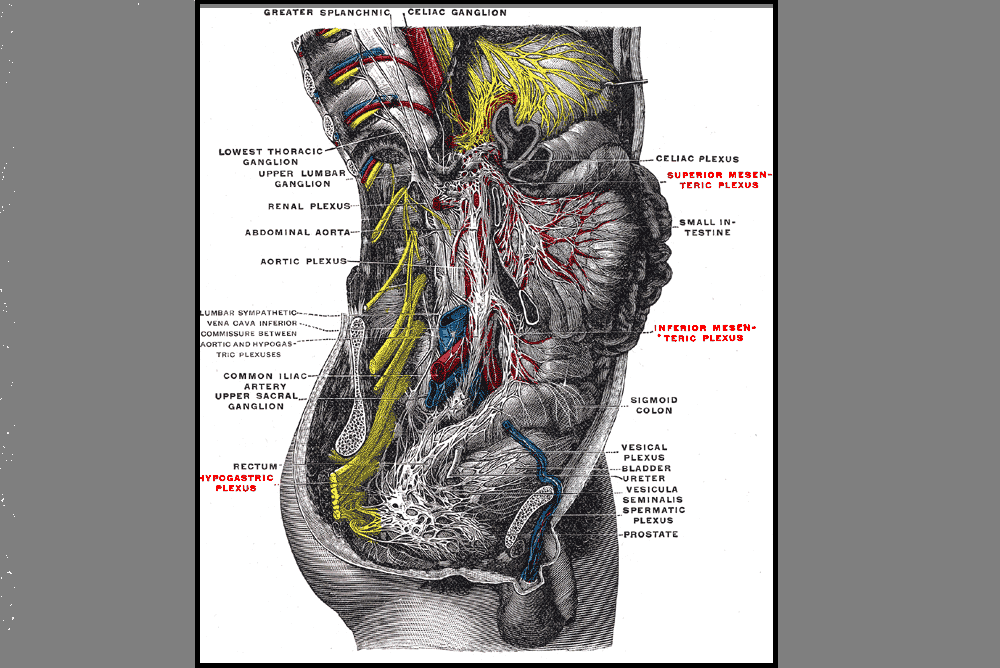Step away from the computer, Mrs. Jones!
While the internet can provide amazing resources and connections for patients, the internet is also a place where our patients can find frightening, anxiety-producing information. How often do our patients post in "I was healed" chat rooms? One thing we often have to do is ask our patients who suffer from chronic pain to "stop checking the internet." Research published in the Journal of Urology addresses the question of quality of internet informationavailable regarding female pelvic floor disorders (PFD). Of the number of websites sharing health information about female PFD, there were few that were certified by the NGO Health on the Net. For urinary incontinence, pelvic organ prolapse, and overactive bladder, certification rates were between 27-29%. 44% of the sites were sponsored by for-profit entities. Whether a website is "certified" (a voluntary process) may be an interesting concept for our patients when they are looking for information on the net.
Also in relation to internet use by patients, researchers at the University of Washington wanted to know how information provided as "patient-expertise" differed from clinician expertise when advice was offered to patients going through breast cancer. Here is the full text article. The authors conclude that when patients give other patients advice (through chat rooms or books) they do not categorically try to doctor other patients. Instead, advice available from patient expertise included primarily medical or personal advice. Patients shared strategies for making medical choices, managing the daily challenges of life, as well as dealing with the emotional response to having cancer. The article also outlines suggestions for builders of health websites that can best serve patients.
In summary, the internet can be seen as an incredibly valuable tool. Patients who are immersed in the internet and come away with a fear-based approach to their illness or chronic pain may be best advised to limit their time spent on the computer. As a practical suggestion, here is a blog post about how to step away from your computer. After you read your H&W blog posts, of course.
By accepting you will be accessing a service provided by a third-party external to https://hermanwallace.com./








































